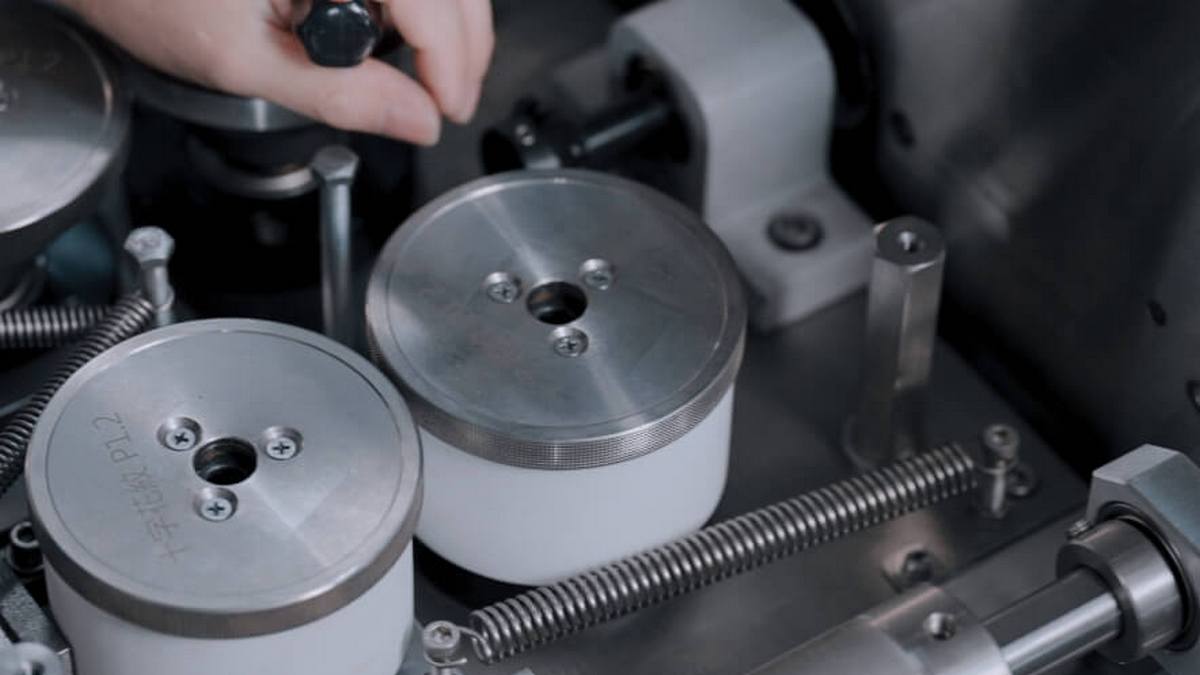Taiwan's e-bike industry has experienced significant fluctuations in recent years. After reaching a peak in 2022, exports faced a downturn in 2024, with a 47% decline in e-bike exports compared to the previous year. Despite these challenges, the industry is showing signs of recovery and adaptation, positioning itself for future growth. Taiwan has rapidly emerged as a global leader in this booming sector. Once primarily recognized for traditional bicycle manufacturing, Taiwan has transformed into a high-tech hub for premium electric mobility solutions.
Key Export Markets
According to the Taiwan Bicycle Association and customs data, the export value of Taiwanese e-bikes exceeded US$1.5 billion in 2023, reflecting a growth trajectory that has outpaced traditional bicycle exports.
Historically, Europe has been Taiwan's primary e-bike export market, accounting for over 70% of shipments, with Germany, the Netherlands, and the UK leading the pack. However, in 2024, exports to major European countries saw significant declines: the Netherlands experienced a 53% drop, Germany 51%, and France also reported a decrease. These reductions were attributed to factors such as market saturation and economic uncertainty.
In contrast, emerging markets like Vietnam, Turkey, and Costa Rica have shown promising growth. For instance, in August 2024, Taiwan made 141 electric bike export shipments, marking a 213% year-on-year increase compared to August 2023. This shift indicates a diversification of export destinations, reducing reliance on traditional markets.
The U.S. remains a major destination, increasingly turning to Taiwan for high-quality OEM and ODM solutions amid shifting global supply chain dynamics. Unlike low-cost mass producers, Taiwanese manufacturers focus on mid-to-high-end e-bike segments, emphasizing performance, safety, and design—qualities highly valued in mature Western markets.
Industry Trends and Business Opportunities
1. Shift Towards High-Value Products:
Despite the overall decline in export volume, the average export price for e-bikes reached a new high of $1,847.56 in 2024, growing by 4.55% year-on-year. This trend suggests a focus on premium products, catering to consumers seeking quality and advanced features.
2. Emphasis on Innovation and Sustainability:
Taiwanese manufacturers are investing in research and development to produce innovative and sustainable e-bike solutions. The Taipei Cycle Show in 2024 highlighted this focus, with an emphasis on e-bikes and sustainability. Such initiatives align with global trends towards eco-friendly transportation. Global cities are investing in bike-friendly infrastructure, incentivizing e-bike use to reduce carbon emissions and traffic congestion.
3. Battery and Motor Innovations:
Taiwan’s partnerships with electronics and energy storage firms are accelerating innovation in lightweight, long-range power systems.
4. Expansion into Emerging Markets:
Recognizing the potential in emerging markets, Taiwanese companies are exploring opportunities beyond traditional markets. The significant increase in exports to countries like Vietnam and Turkey demonstrates this strategic shift.
5. E-bike-as-a-Service (EaaS):
Subscription and rental platforms are pushing Taiwanese OEMs into B2B fleet opportunities, especially in Europe. Businesses are also adopting e-cargo and delivery bikes, creating demand for rugged, load-bearing designs.
Leading Taiwanese E-Bike Manufacturers
Home to some of the world’s most innovative bicycle manufacturers, Taiwan has remained at the forefront of the e-bike industry.
Giant Manufacturing Co., Ltd.
Giant, the world’s largest bicycle manufacturer, continues to dominate the global market with its innovation-driven e-bike lines like Momentum and Explore E+. Despite industry headwinds in 2024, the company remains a leader in commuter and recreational biking through advanced motor systems and integrated navigation technologies.
Merida Industry Co., Ltd.
Merida is a leading Taiwanese bicycle maker known for its strong presence in the European market and emphasis on e-MTB and hybrid bikes. Flagship models like the eONE-SIXTY showcase rugged performance and cutting-edge integration with Bosch and Shimano components. The company’s investment in R&D and its high-margin OEM/ODM partnerships position it we
Tern Bicycles
Tern focuses on urban mobility with a line of compact, folding, and cargo e-bikes that cater to city commuters, families, and last-mile delivery. Its GSD and HSD models are recognized for their space-efficient, utility-driven designs. With award-winning innovation and rising popularity in North America and Europe, Tern has established itself as a niche leader in the growing market for practical, urban-focused electric bicycles.
Conclusion
Taiwan's e-bike industry is navigating a complex landscape, marked by both challenges and opportunities. By focusing on innovation, quality, and market diversification, Taiwanese manufacturers are poised to capitalize on emerging trends and sustain growth in the global e-bike market.











.jpg)


